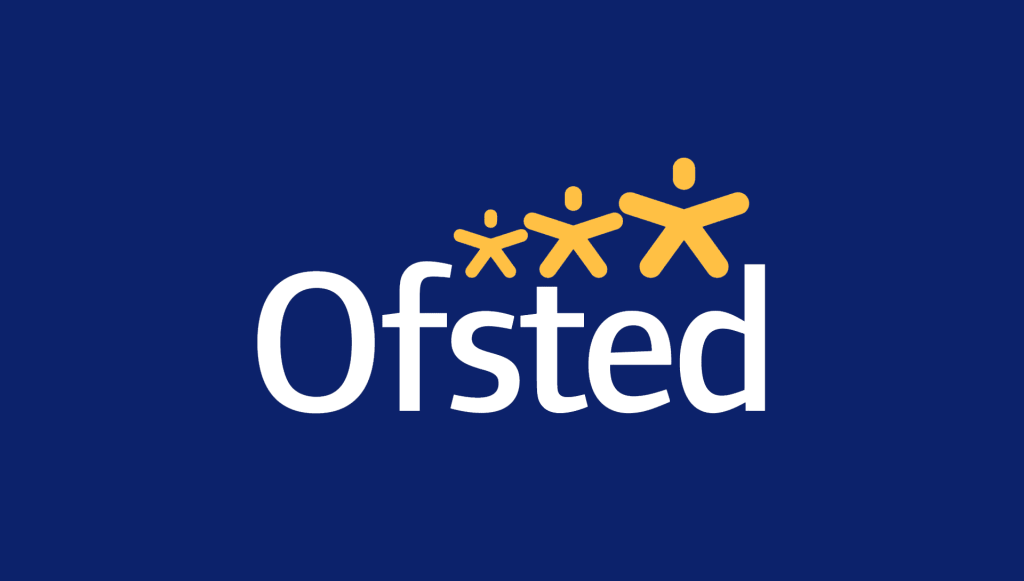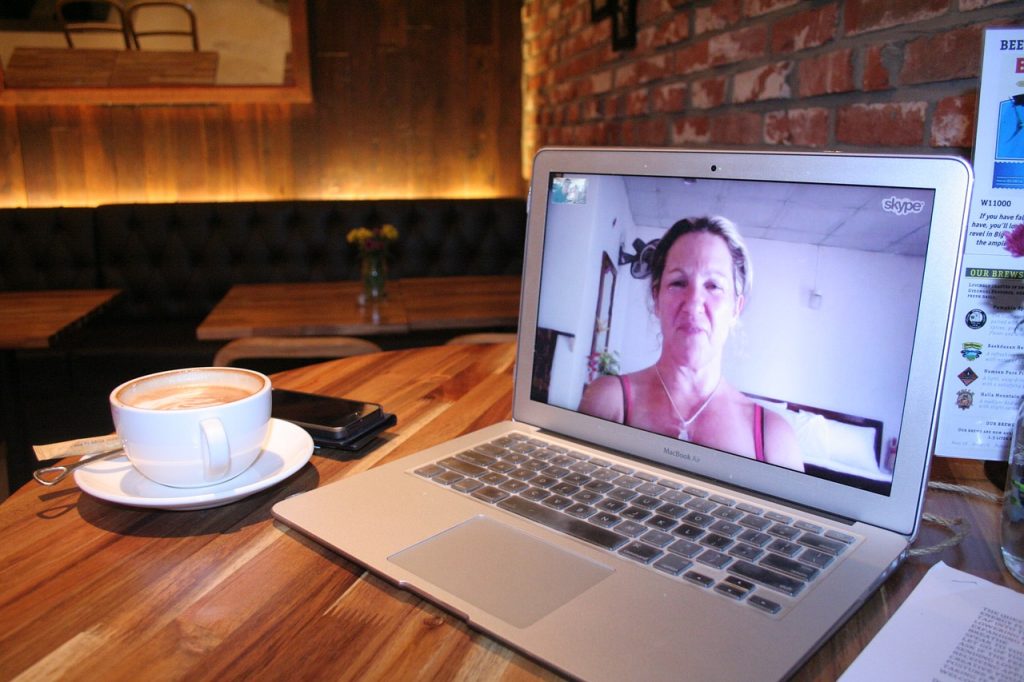More and more nannies are taking a portfolio with them to interviews, to present their qualifications and other paperwork and demonstrate their style of childcare to prospective employers. A good portfolio is well-organised, neat and relevant. A battered file stuffed with tatty pieces of paper won’t impress anyone – in fact it will probably do more harm than good – so you need to pay attention to what you choose and where you put it.
First impressions really count. Whether it’s a funky scrapbook or a sleek leather wallet the outside of your portfolio sets up expectations for what parents will find inside. You should present a coherent and authentic image, so if you are a creative person show that your personality carries over to your work with children. Everyone can put things in a folder, making yours different, even if it’s choosing blue leather rather than black, will make you memorable.
Parents will expect to see your qualifications ordered logically. You can order them chronologically or by area (general childcare, maternity specific, Montessori etc). You don’t need to present all of your First Aid certificates, just the most recent will do. It can really help parents to create a quick overview of what your course involved and what you learnt alongside the certificate. Many certificates don’t give any more information than the date and title of the course so giving additional detail will help prospective employers see how the study you have done makes you a better nanny.
Some nannies like to include sample menu plans or weekly activities for different ages. These can help parents see what they can expect if they employ you, especially for first time employers who may not really know what a nanny does on a day to day basis. By including a typical menu you can demonstrate your cooking skills and your understanding of nutrition. If you like to present food in new and interesting way then jazz up your menu with some photos (and if you don’t have any ideas hop over to our pinterest board to see what we like in the kitchen). Showing what you might do in a typical week also shows your understanding of appropriate activities for various ages and stages, and gives parents an idea of whether you’re a nanny who likes to get out and about to classes and on playdates, or one who likes crafting, or one who’s at the beach or in the forest in all weathers. Throughout your portfolio you can include photos of activities you’ve done with past charges to bring your experience to life. Do get permission from your previous employers before including them though!
Last, but certainly not least, you should include copies of all your references and testimonials. It’s unlikely that a future employer will want to contact a temp job you did 10 years ago but you probably got a glowing reference and you should be proud of it.
What else would you include in a portfolio? Let us know!








